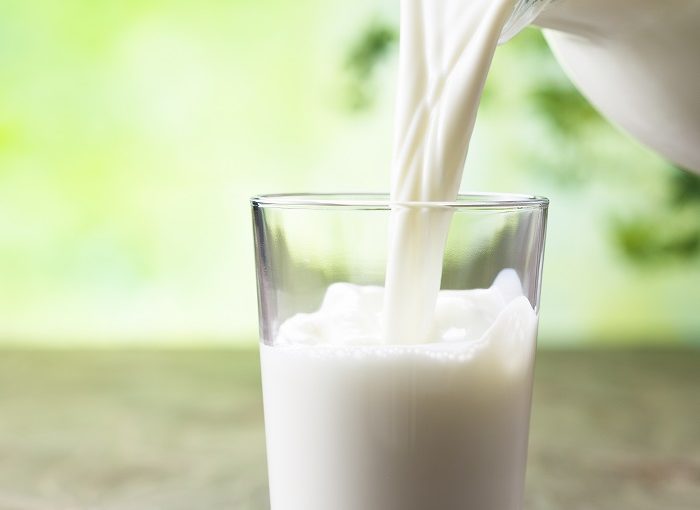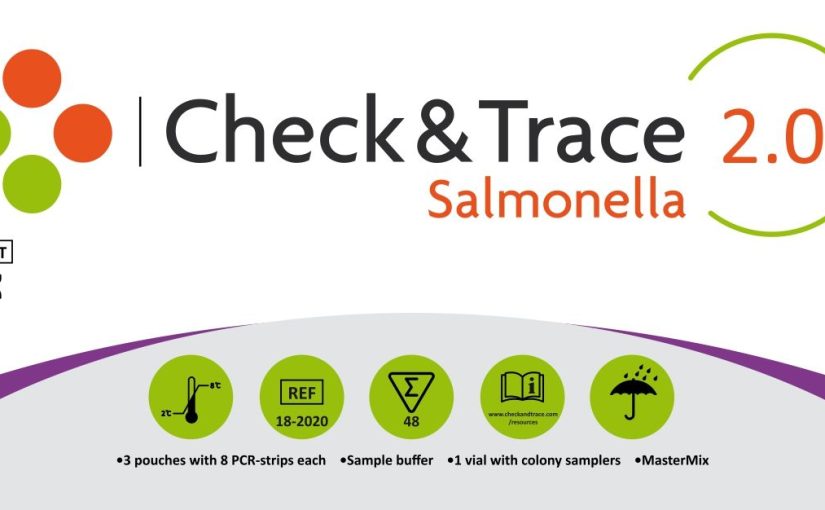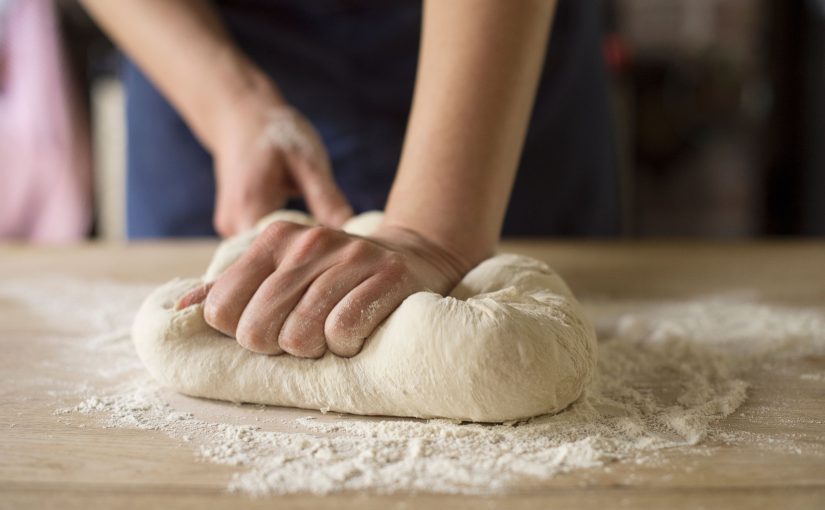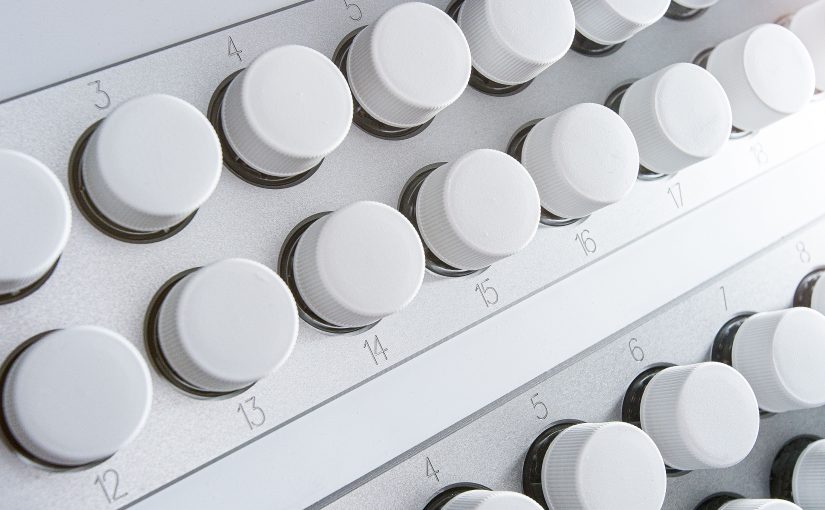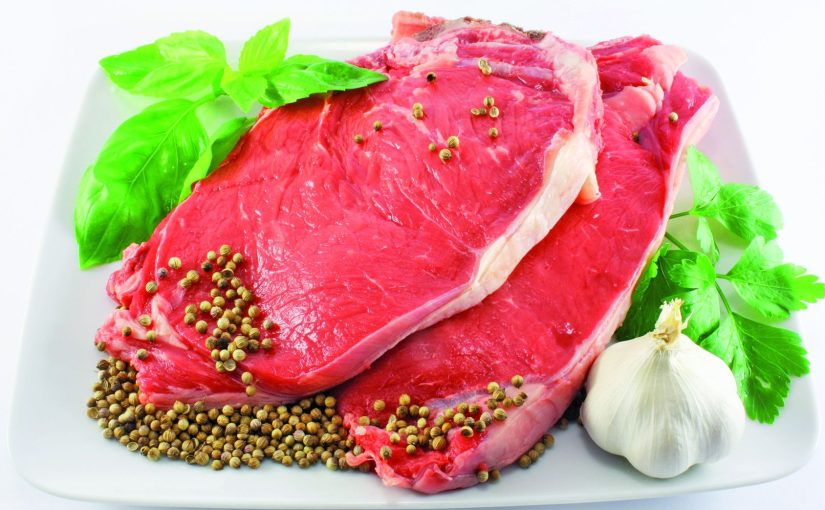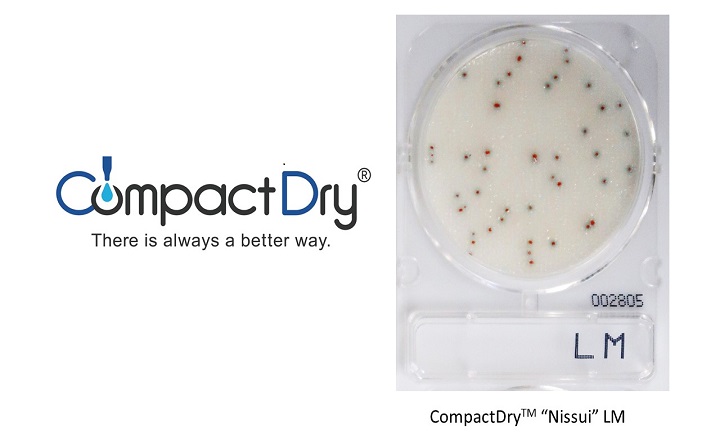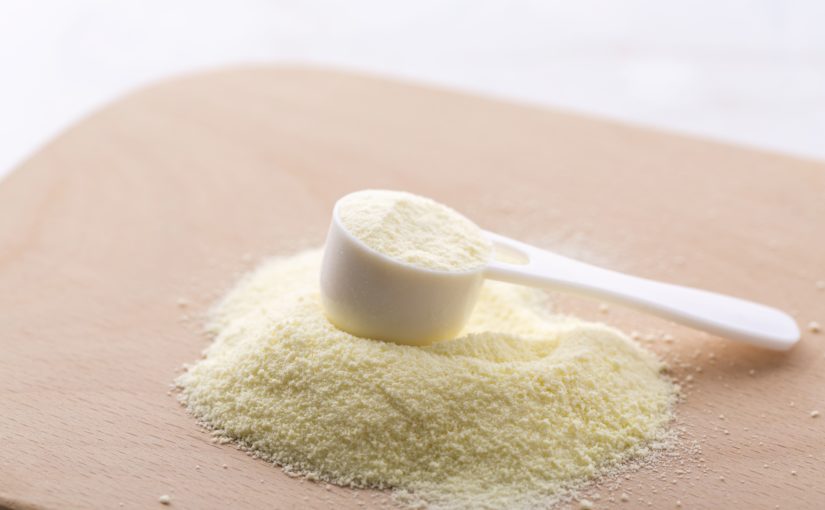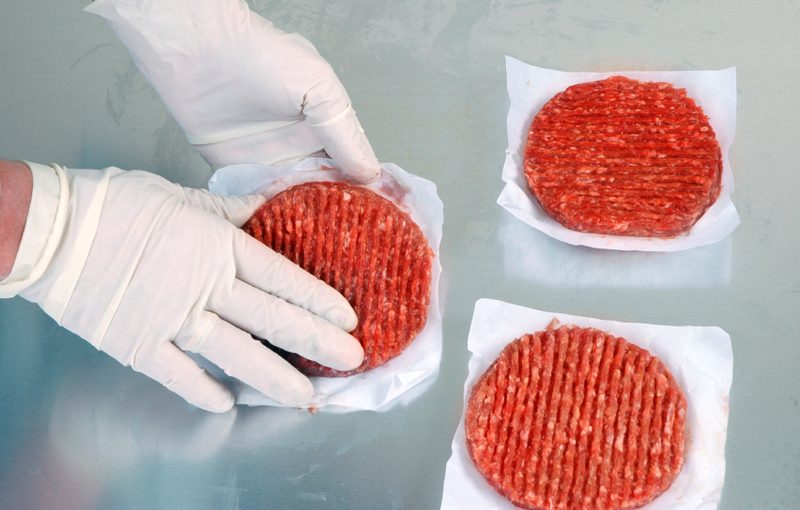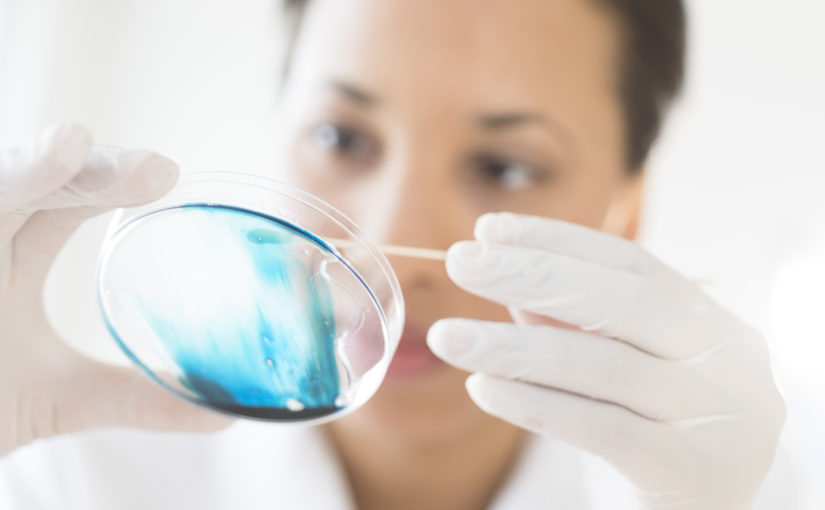MicroVal is an international organisation for the validation of alternative methods in food and water microbiology. The basis for these validation studies is the ISO 16140 series. The first MicroVal certificate dates back from 2007. Since then, more than 70 test kits and methods by manufactures in North America, Asia and Europe, have been successfully validated and resulted in a MicroVal certificate.
Recently, there has been an increase in the demand for the validation of methods for milk analysis and more specifically somatic cell count and total bacterial count. These studies require additional validation based on IDF standards (e.g. ISO 8196, ISO 13366, ISO 16297). Therefore, MicroVal will establish a working group that specifically focusses on these validation studies. In order to start this working group, MicroVal is looking for experts with experience and knowledge of methods for milk analysis (cow, sheep, goat, etc.) and the relevant ISO standards.
Experts who’s experience matches with the requirements below, are invited to apply for joining the MicroVal team.
Advantages:
- Keep up to date with newly developed methods for milk analysis;
- Involvement with the validation processes and evaluation of test results;
- Knowledge of the use and performance of new methods based on their method validation;
- Be part of an international network, consisting of manufacturers, researchers and standardization/validation experts, contributing to the quality assurance of analytical methods.
Requirements:
- Fluent in English.
- General scientific training in (dairy) microbiology;
- A minimum of five years of recent experience in an organization involved in food/dairy microbiology, including working within an ISO 17025 accredited quality management system;
- Knowledge and experience in working with ISO reference methods for somatic cell count and total bacterial count, such as:
| ISO 13366-1| IDF 148-1 | Milk – Enumeration of somatic cells – Part 1: Microscopic method |
| ISO 4833-1 | Microbiology of the food chain – Horizontal method for the enumeration of microorganisms – Part 1: Colony count at 30 °C by the pour plate technique |
| ISO 4833-2 | Microbiology of the food chain – Horizontal method for the enumeration of microorganisms – Part 2: Colony count at 30 degrees C by the surface plating technique |
Knowledge and experience in method validation and validation standards, such as:
| ISO 8196-3| IDF 128-3 | Milk – Definition and evaluation of the overall accuracy of alternative methods of milk analysis — Part 3: Protocol for the evaluation and validation of alternative quantitative methods of milk analysis | |
| ISO 13366-2| IDF 148-2 | Milk – Enumeration of somatic cells – Part 2: Guidance on the operation of fluoro-optoelectronic counters | |
| ISO 16297| IDF 161 | Milk – Bacterial count — Protocol for the evaluation of alternative methods | |
| ISO 21187| IDF 196 | Milk — Quantitative determination of microbiological quality — Guidance for establishing and verifying a conversion relationship between results of an alternative method and anchor method results | |
Expectations:
The following is expected from the experts joining the MicroVal team for the validation of methods for milk analysis:
- Contribute to the reviewing work, which consists of:
- Reviewing of protocols and reports of ongoing validation studies;
- Reviewing of modifications and extension studies;
- Evaluation of certificate renewal requests;
- Participate in online two-hours meetings, which take place max. 4 times per year;
- Contribute on a voluntary basis as MicroVal is a non-profit organisation;
- Maintain confidentiality – a non-disclosure agreement is signed by all MicroVal members.
Application:
Interested candidates are invited to submit their application, containing the following information:
- Your motivation;
- A recent resume including supporting information on meeting the above requirements;
- Contact details.
Applications can be sent to microval@nen.nl before March 15th, 2023. Also questions concerning the application procedure can be sent to the email above. More information about MicroVal and its procedures can be found in the MicroVal Rules, the certification scheme of MicroVal. The MicroVal secretariat is run by NEN, the Royal Netherlands Standardization Institute.
